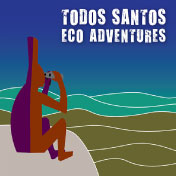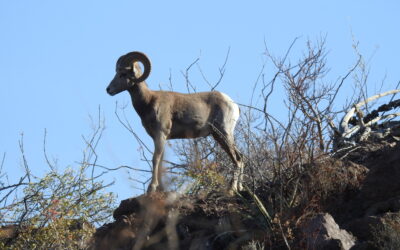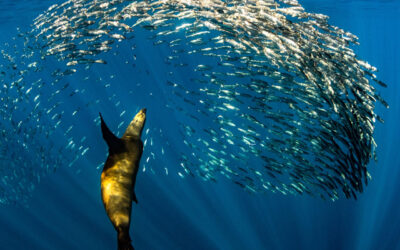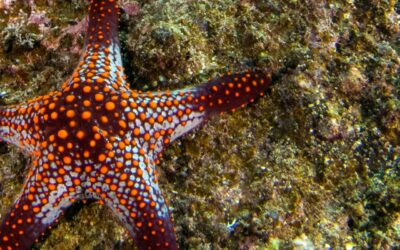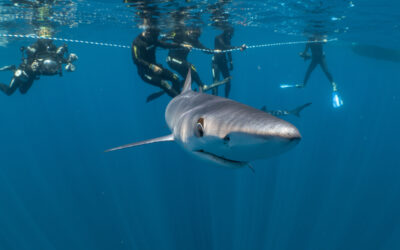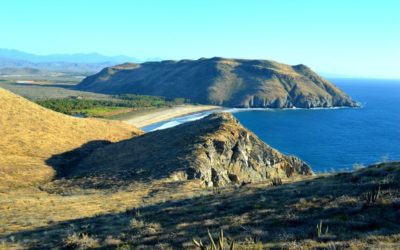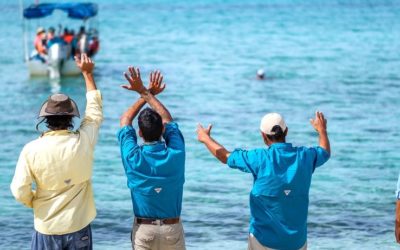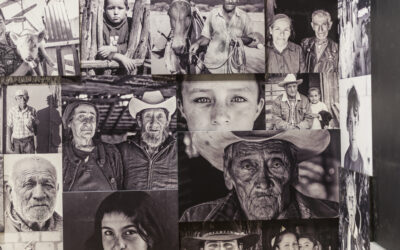Las Guardianas del Conchalito
They started reaching out to the fishermen through their children by supporting local soccer teams and eventually the fishermen agreed to meet with them. “When we first went into El Manglito we thought we knew everything about fisheries conservation and all we had to do was convince the fishermen” recalls Liliana. “But we soon realized our approach was not working so we started talking in a very different way. And by that I mean we, NOS, stopped talking. We started listening. And it was beautiful how the whole idea of restoration emerged from them.”
Meaningful Travel Map
We are thrilled to have partnered with Tourism Cares to be among the incredible organizations included on the Meaningful Travel Map. This dynamic tool includes more than 350 vetted, sustainable travel organizations from around the globe — highlighting tours, activities, and businesses that offer a unique, authentic experience while prioritizing environmental stewardship, cultural preservation, and community benefit.
Trophy Hunting and the Conservation of Bighorn Sheep in Baja California Sur
According to CONABIO, Mexico’s National Commission for the Knowledge and Use of Biodiversity, in 1800 over 1 million bighorn sheep (Ovis canadensis) roamed across the western parts of the US, Canada and northern Mexico. But the introduction of livestock and uncontrolled hunting led to a major decline, and by 1950 there were fewer than 25,000 individual sheep left. The population in northeast Mexico was extirpated and the remaining population in the northwest around Sonora and the Baja peninsula was small and fragmented. It might seem counterintuitive, but hunting is now the main activity, regulated by the Mexican government, helping to stabilize the bighorn sheep population and preserve their habitat.
Camp Cuevas and the Guardians of Baja
An incredible and unique chance to get to know the people behind the causes, explore two spectacular areas in depth, and have a lot of fun!
Camp Cuevas and the Mobula Migration
This Baja exploration offers not only incredible adventures that are available only at this time of year, but also the chance to engage with the families and organizations that are leading the effort to protect Baja’s natural heritage and cultural patrimony for the generations to come.
Baja Ocean Safari
An incredible ocean safari exploring the southern coast of Baja from Loreto to La Paz to Todos Santos!
AFAR MAGAZINE: Is Zero-Waste Travel Actually Even Possible?
“How do we prevent ourselves from becoming just another overrun beach town?” Bryan Jáuregui says. She’s a founding member of Alianza Cero Basura – Zero Waste Alliance, a community-led initiative to implement a plan for a zero-waste future for Todos Santos and the neighboring town of El Pescadero. Jáuregui’s question has urgency: These towns are located in Baja California Sur, the least populated but fastest-growing state in Mexico. As the co-owner of Todos Santos Eco Adventures and Los Colibris Casitas boutique hotel, she calls it “enlightened self-interest” to take on her town’s waste problem.
This Little Light of Mine: Love From our Guests
“Absolutely incredible experience! Amazing guides, excellent activities, incredibly well-organized, and fun. From booking the trip until we said ‘hasta luego’ to our wonderful guide, we had a ball, ate well and learned a lot about the Baja peninsula. Can I give more than 5 stars??”
Sustainable Ranching and the Cowboy Museum in El Triunfo
The museum exhibits are punctuated with the fantastically beautiful paintings of La Paz artist Carlos César Diaz Castro, who created ten paintings and two murals to help tell the vaquero’s story, as well as stunning photos of present-day vaquero life by renowned Baja California Sur photographer Miguel Angel de la Cueva. As with its sister museum in El Triunfo, Museo Ruta de la Plata / the Silver Route Museum, one of the museum’s most compelling exhibits is the oral history section, in which members of local ranching families share their stories, histories and anecdotes.
